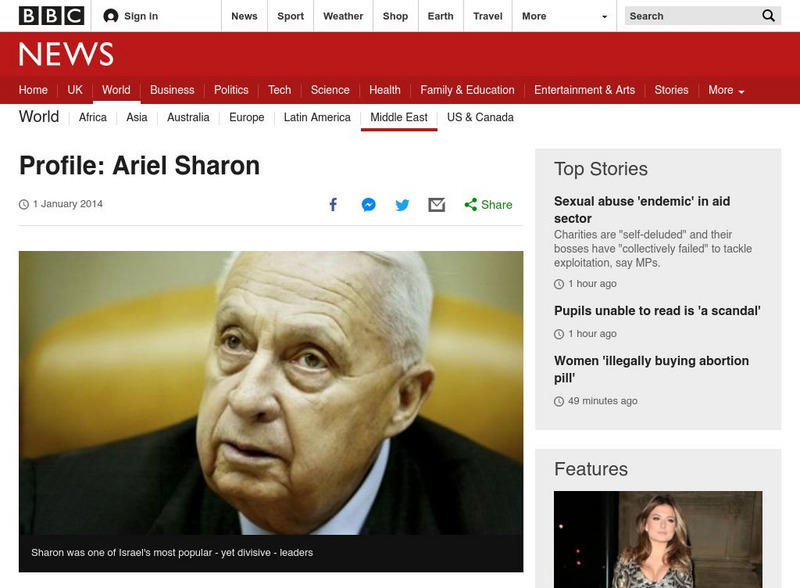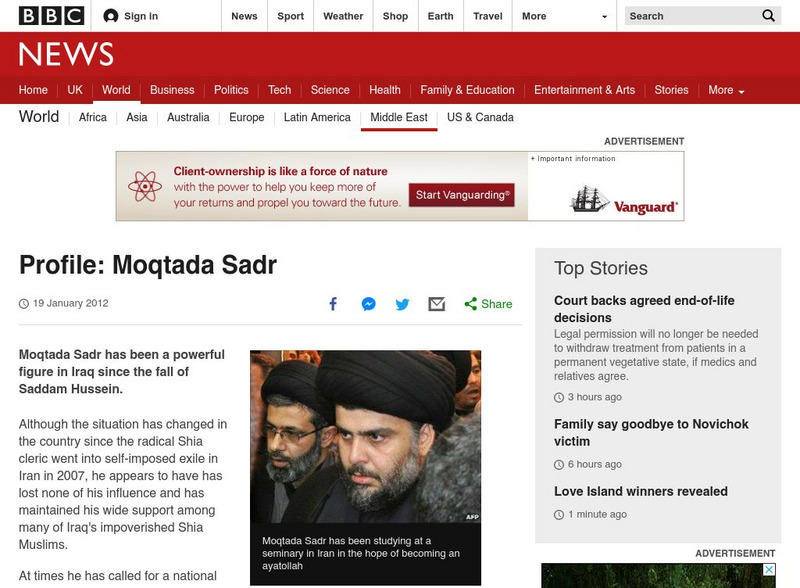Hi, what do you want to do?
Countries and Their Cultures
Countries and Their Cultures: Mbeere
The Mbeere live in Embu District in the Eastern Province of Kenya, East Africa. The name "Mbeere" means "first," referring to their belief that they were the initial occupants of their territory. Aesthetics center on the verbal arts,...
Countries and Their Cultures
Countries and Their Cultures: Yoruba Cultural Relations
The name "Yoruba" appears to have been applied by neighbors to the Kingdom of Oyo and adopted by missionaries in the mid-nineteenth century to describe a wider, language-sharing family of peoples. These peoples have gradually accepted...
Countries and Their Cultures
Countries and Their Cultures: Syriacs
Syriac is a branch of the Aramaic family of languages and was the lingua franca of the eastern Roman Empire at the beginning of the Christian era. It is also spoken extensively in the regions farther east. It became the language of...
Countries and Their Cultures
Countries and Their Cultures: Sara
"Sara" is the term employed by outsiders to refer to a group of non-Muslim tribes in southern Chad, all of whom speak mutually intelligible dialects. Each tribe is a distinct geographic, political, and endogamous entity. Major tribes are...
Countries and Their Cultures
Countries and Their Cultures: Shahsevan
In various parts of Iran live the remnants of several tribal groups called "Shahsevan," numbering perhaps 300,000 people. Most are now settled villagers or town dwellers who preserve little of their former tribal organization or pastoral...
Countries and Their Cultures
Countries and Their Cultures: Palestinians
Palestinians inhabit an area east of the Mediterranean Sea and south of Lebanon. The Jordan River, Lakes Huleh and Tiberias, and the Dead Sea separate Palestine from Jordan. Christians refer to Palestine as "the Holy Land." Today...
Countries and Their Cultures
Countries and Their Cultures: Jews of Israel
The state of Israel came into formal existence on 14 May 1948. The United States recognized the new state on the same day, and the Soviet Union followed on 18 May. On 15 May 1948 the new state was invaded by the armies of Egypt, Iraq,...
Countries and Their Cultures
Countries and Their Cultures: Gusii
The Gusii are divided into seven clan clusters: Kitutu (Getutu), North Mugirango, South Mugirango, Majoge, Wanjare (Nchari), Bassi, and Nyaribari. Gusiiland is located in western Kenya, 50 kilometers east of Lake Victoria. Since...
Countries and Their Cultures
Countries and Their Cultures: Fipa
The Fipa are a Bantu-speaking people of southwestern Tanzania in East-Central Africa. The name "Fipa" appears to have been bestowed on them by nineteenth-century traders and means "people of the escarpment." It was later adopted by...
Countries and Their Cultures
Countries and Their Cultures: Asians of Africa
The Asian population of Africa is a small but significant minority. Whereas there have been Asians, primarily merchants, who lived on the east coast of Africa for hundreds, if not thousands, of years, a great influx of Asians came to...
Countries and Their Cultures
Countries and Their Cultures: Acholi
The name "Acholi" is used for peoples living in the former Acholi District of northern Uganda and the adjoining area of the southern Sudan. The primary language of Acholi today is Luo, a Western Nilotic language spoken by groups...
Countries and Their Cultures
Countries and Their Cultures: Mandaeans
The Mandaeans are a group of people defined primarily by their religious affiliation, which differs from that of their mainly Muslim neighbors in Iran and Iraq. Today they live along the rivers and waterways of southern Iraq and...
Countries and Their Cultures
Countries and Their Cultures: Nyakyusa and Ngonde
The Nyakyusa of southwestern Tanzania are known from missionary and traveler's records since the beginning of European contact with the East African interior in the 1870s. The Nyakyusa are especially noted for their system of "age...
Countries and Their Cultures
Countries and Their Cultures: Karaites Economy
The majority of Karaites in Cairo worked as artisans -- primarily as gold- and silversmiths or engaged in trade or peddling. Some attained positions as doctors and lawyers or entered the commercial middle class. In Israel, most Karaites...
Countries and Their Cultures
Countries and Their Cultures: Swazi
"Swazi" refers to the nation, tribe, or ethnic group, or an individual, "siSwati" to the language. SiSwati speakers are found in Swaziland, South Africa, and Mozambique. Within Swaziland, the population (the great majority of which is...
Countries and Their Cultures
Countries and Their Cultures: Circassians
The Circassians are a people indigenous to the northwestern Caucasus who are also found today as minority communities in four Middle Eastern countries: Turkey, Syria, Jordan, and Israel. They call themselves "Adyge," the term...
Countries and Their Cultures
Countries and Their Cultures: Zande
The Zande, whose homelands lie within three modern African states (Republic of the Sudan, Zaire, Central African Republic), constitute a large and complex amalgam of originally distinct ethnic groups, united by culture and, to a...
Countries and Their Cultures
Countries and Their Cultures: Temne
The Temne occupy some 29,000 square kilometers of Sierra Leone's Northern Province. The Temne language is included in Greenberg's West Atlantic category and in Dalby's MEL category, which is a subdivision of West Atlantic. Dalby found at...
Countries and Their Cultures
Countries and Their Cultures: Baha'is
The Baha'i faith originated from one of the sects within the Shiite Muslim religion in Iran. The Baha'i religion developed directly from the Babis, an extremely militant sect willing to die to convert the people of the world to their...
BBC
Bbc: Libya Crisis
BBC provides information on the crisis in Libya, 2011. Information consists of event analysis, interactive maps and guides, and special reports.
BBC
Bbc: News: Country Profile: Iraq
The BBC provides a general overview of the country of Iraq. Content includes a focus on Saddam Hussein, Iraq's press and media, an Iraqi timeline of key events, and much more.
BBC
Bbc: Ariel Sharon
A detailed biography from BBC of Sharon's career that reveals the many sides of this controversial figure.
BBC
Bbc News: Country Profile: Yemen
A country profile on Yemen. The article gives information on the recent history, the government and leadership, and the news media. The article was updated April 2008.
BBC
Bbc: Who's Who in Iraq: Moqtada Sadr
This site from BBC provides an article dated Aug. 6, 2004, describes the radical Shia cleric Moqtada Sadr who has been calling for rebellion against the United States. (Updated 19 January 2012)
Other popular searches
- Middle Eastern Countries
- Middle Eastern Music
- Middle Eastern Fable
- Middle Eastern Culture
- Middle Eastern Art
- Middle Eastern History
- Middle Eastern Conflicts
- Middle Eastern Geography
- Middle Eastern Instruments
- Middle Eastern Religions










